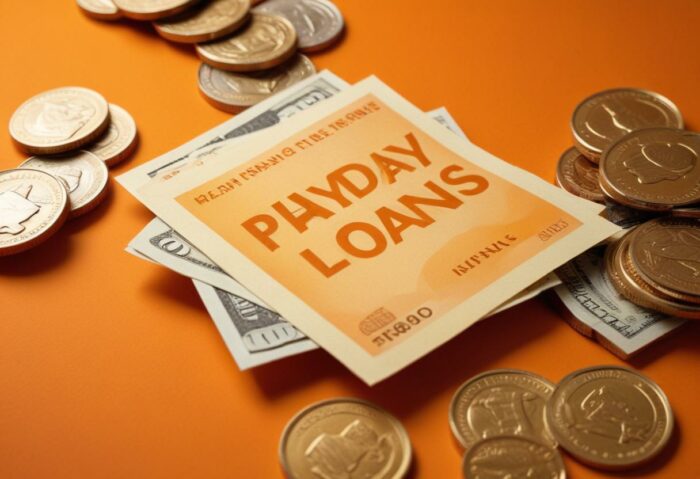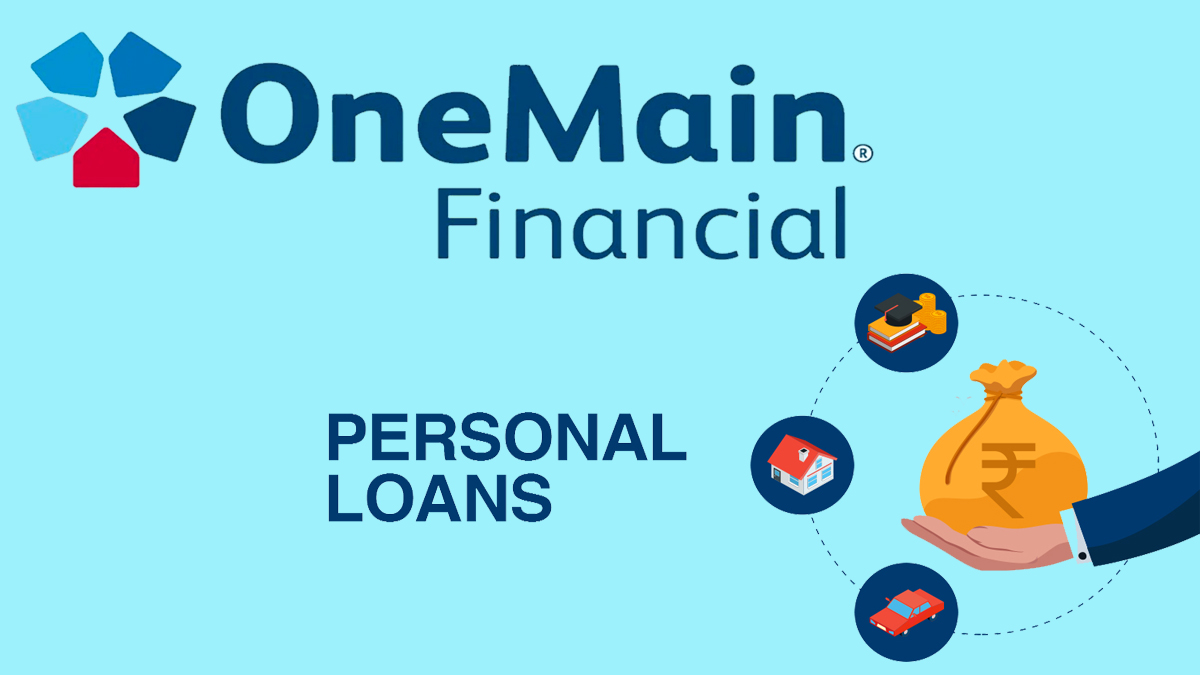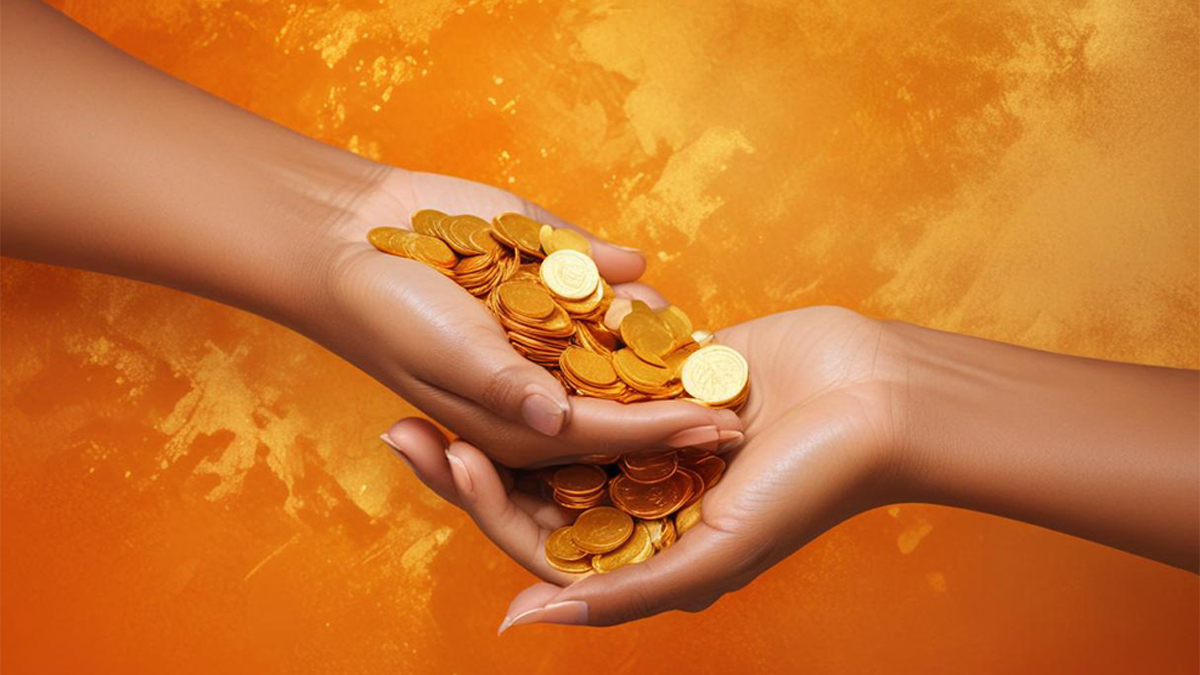When life throws challenges at you, it can be very tempting to use whatever financing option you have. Taking out loans can be a good way to afford emergency expenses such as medical expenses, vacations, or home improvements. The most common types of loans for fast cash are payday loans and personal loans.

On the surface, payday loans and personal loans share similarities. After all, these two financial products can be used for various reasons. And you will get the money at once if you get approved.
However, this is where their similarities end. Once you start to read the fine print, you will know that these two could not be more different. In this article, you will learn what you need to know about the difference between payday loans and personal loans.
What is a Payday Loan?
Payday loans are small amounts of money designed for people who are in need of financial help, such as damaged items or unexpected medical bills.
This loan helps to provide immediate funds but comes with very high interest rates. And they are usually based on the borrower’s income and not their credit history.
Lenders give out this loan with no credit check as part of the application process.
Generally, you can get this type of loan online or at brick-and-mortar locations. A payday loan is a good option for people who do not have good credit but need money right away.
Payday Loans: Pros and Cons
Despite the very high interest, lots of people go for this option if they want to borrow a very small amount of money.
That’s because you will get the funds the same day, and there is no credit check required. Understanding the advantages and disadvantages of this loan can help you determine what’s right for you.
Pros
- There is no credit check required.
- You can use the funds for any purpose of your choice.
- The approval process is very quick.
- The funds will be received on the day you apply.
- Just a few requirements are needed, such as a regular source of income, a bank account, and your government ID. Also, you must be at least 18 years of age.
Cons
- Higher interest rates
- Borrowers can easily get into a debt cycle.
- Very short repayment period
- Low-income and minority communities are mostly targeted by the lenders.
What is a Personal Loan?
Personal loans are long-term unsecured loans with very high minimum loan amounts and low interest rates.
They are versatile loans that can be used for various purposes, such as paying medical bills, consolidating debt, or taking care of tax debt.
It can be procured from banks, credit unions, or online lenders. When it comes to personal loans, there is no collateral needed.
However, there are strict terms, including what your interest rate will be, your monthly payment, and the time you will have to pay back the loan.
You will be given flexibility to repay the loan over the course of a few years. In certain cases, you may be required to pay origination fees.
Personal Loans: Pros and Cons
This loan also has its own advantages and disadvantages. Let’s examine both below:
Pros
- You can use the loan for a variety of purposes, such as medical bills, vacations, medical bills, or car repairs.
- Low interest rates when compared to payday loans
- Fixed interest rates
- Same monthly payments
- Offered by lots of lenders
- Unsecured (there is no collateral required)
- Quick funding
- Not only for people with excellent credit
Cons
- Very high interest rates compared to home equity loans
- Fees and penalties are mostly charged.
- Prepayment penalties may be required.
- A credit check is required.
- There are very high minimum loan limits, meaning you may borrow more than you need.
- Your credit can be damaged if you fail to make the monthly payments.
Payday Loans vs. Personal Loans: What’s the Difference?
There are lots of differences between payday loans and personal loans, even though they are both unsecured. Let’s unravel their differences so you can know which one fits your situation.
Payday Loans vs. Personal Loans: Interest Rate
The biggest difference between payday loans and personal loans is their interest rates. Personal loans charge rates between 6% and 36% APR, depending on the strength of the borrower’s credit score.
According to financial experts, any annual percentage above 36% is predatory lending.
On the contrary, payday loans have much higher interest rates. The average rate on this loan can surpass 400% APR. That is up to $15 to $30 interest charge for every $100 that is borrowed.
Repayment terms
You can apply for and get a payday loan by just visiting an online lender or brick-and-mortar lender.
When you take out the loan, you may have to agree to give the lender permission to withdraw money from your bank account after the fund has been deposited. The lender may ask you for a sign-up check so that they can get the funds back after your next paycheck.
When it comes to personal loans, credit unions, banks, and online lenders will give you funds. And you have to repay over a fixed period of time, say 1–5 years.
They are mostly unsecured loans, so they don’t require collateral such as a house or car to be received.
Payday Loans vs. Personal Loans: Application
If you want to apply for a loan, you will be given the chance to pre-qualify. This will give you the ability to gather offers and shop around for the most affordable rate without impacting your credit.
Figure out the amount you wish to borrow and your credit score. Once you have found a lender, you will fill out your application and send in the necessary documents so that the lender can make a decision.
If it is a personal loan, they will have to perform a credit check, and if it is a payday loan, a credit check is not required.
After your loan is approved, read through the loan agreement. The funds will be sent to your bank account once the agreement is made.
Payday Loans vs. Personal Loans: Which is a Better Choice?
Payday loans are mostly referred to as predatory lending. The lender mostly targets people who are likely to fall into a debt cycle.
This makes a personal loan a good option to apply for. It is a sound choice for couples, individuals, and families who need financial help to take care of payments and improve their credit in the process.
Moreover, payday loans are illegal in states like Arizona, Arkansas, Colorado, Connecticut, the District of Columbia, Georgia, Maryland, Massachusetts, New Jersey, New Mexico, New York, North Carolina, Pennsylvania, Vermont, and West Virginia.
Apart from personal loans and payday loans, other financing options you can consider include applying for a credit card, borrowing from friends, working a few more hours, or taking on another job.



